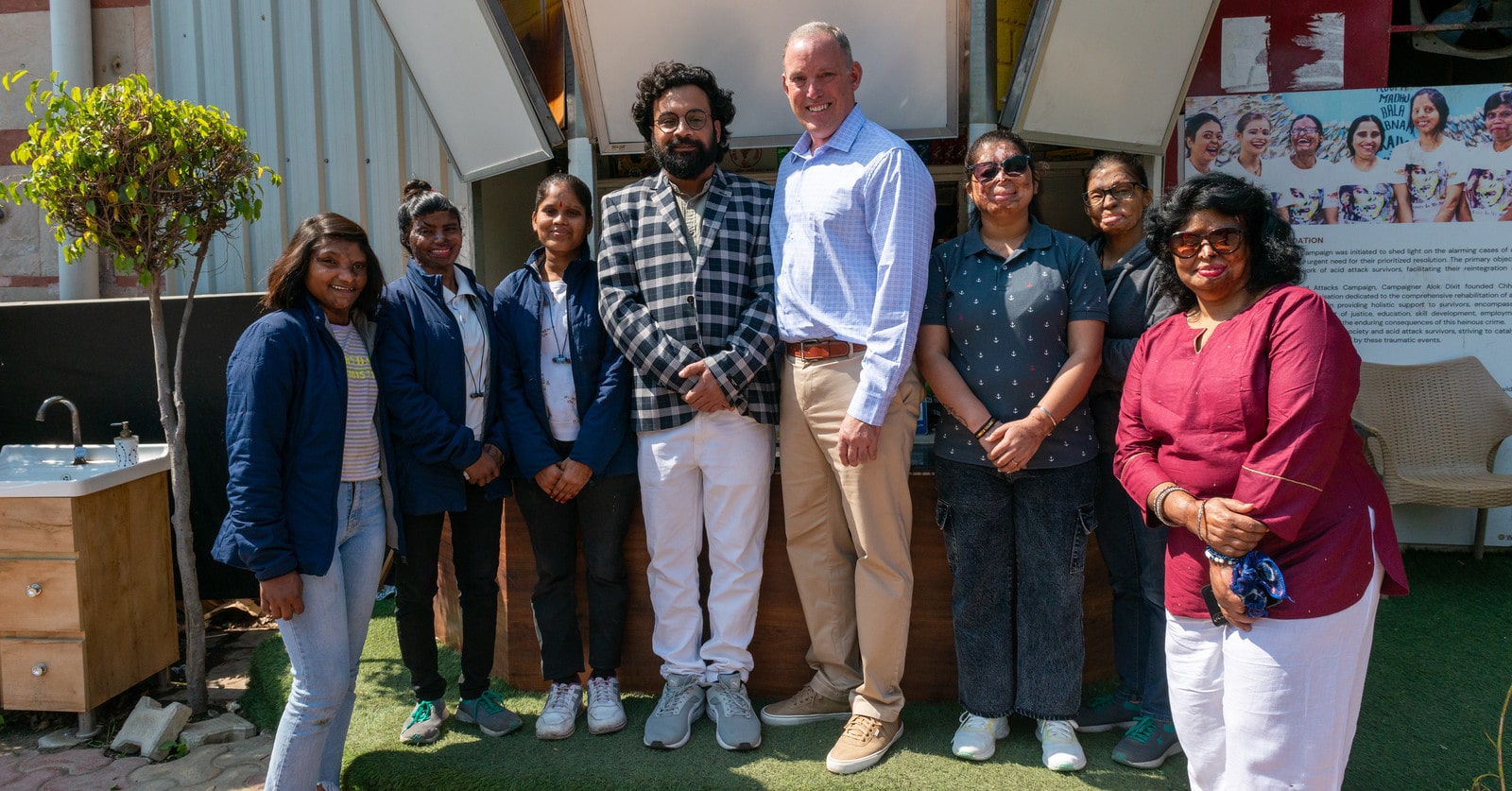Scarred and disfigured by acid attacks, women in India running a chain of for-profit cafes, Sheroes Hangout cafes, showcase how business, entrepreneurship and innovation can be used to drive social change.
Inspired by the project’s unique mission and promise, David Wernick teaching professor at FIU Business, decided to write a case study about the initiative. The study won second place in the 2024 Diversity, Equity & Inclusion Global Case Writing Competition organized by the William Davidson Institute at the University of Michigan.
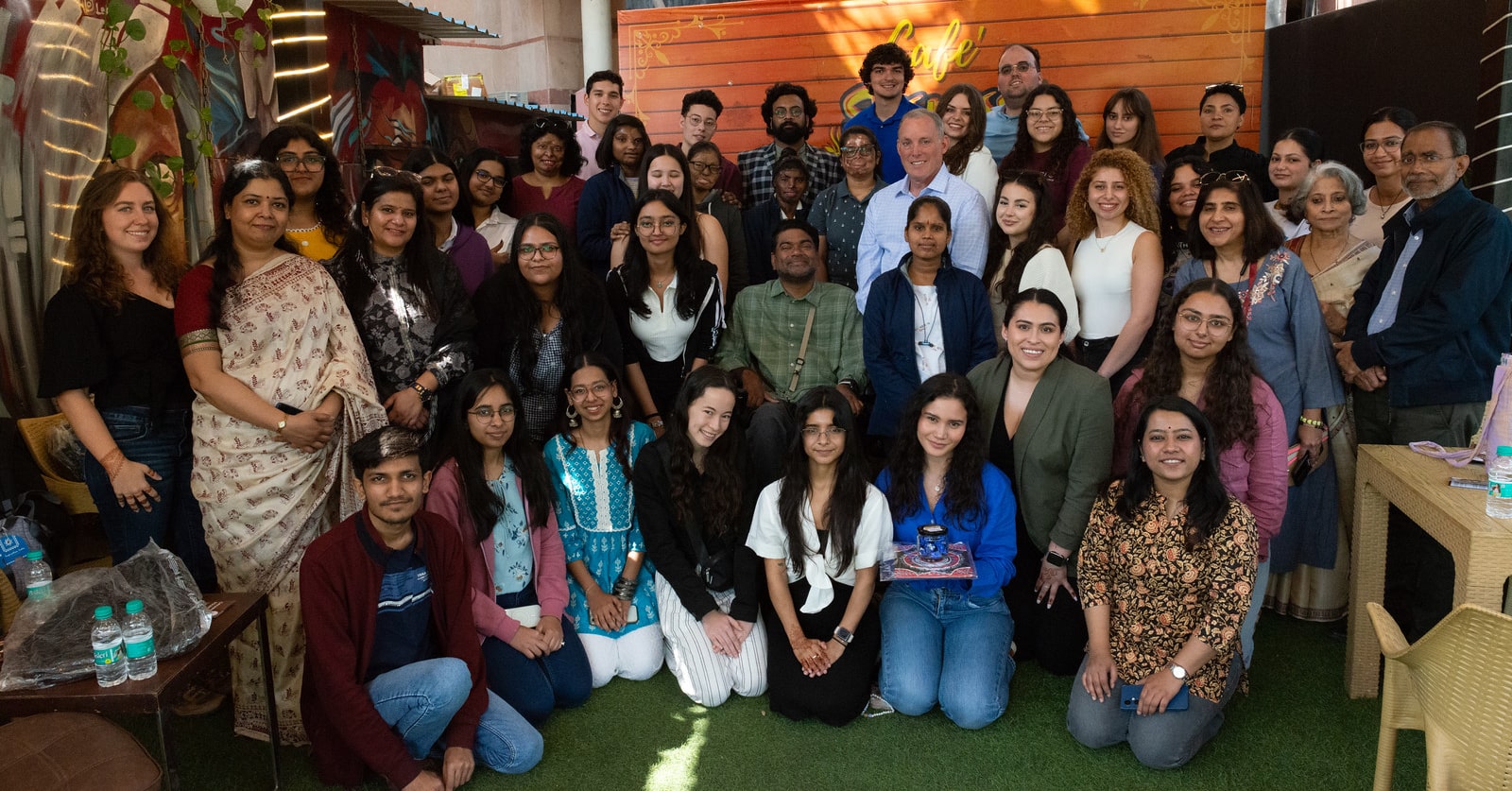
FIU Business PhD student Jannik Pesch along with two professors from India and one from Ireland contributed to the study. The researchers explored the question of how the Chhanv Foundation, which established the cafes in 2014, could scale this innovative social enterprise so that it could have an even greater impact, Wernick explained.
The name “Sheroes” is a combination of the words “she” and “heroes” and was chosen to highlight the heroic nature of these women who are taking the step of showing their disfigured faces in public. The founders envisioned it as a vehicle for removing the stigma associated with acid-related violence and empowering the victims.
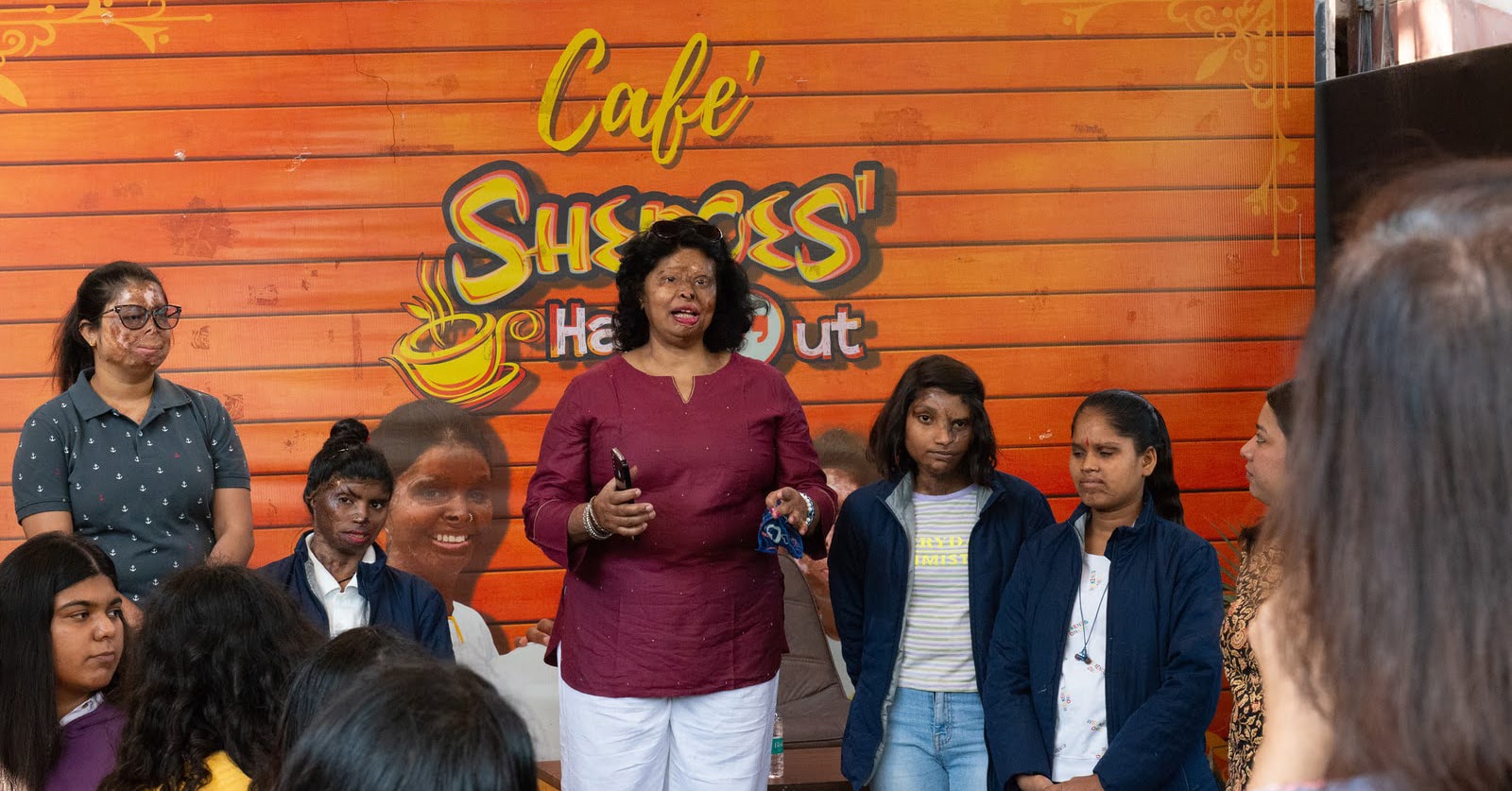
“The survivors of these attacks have many needs. They need medical care, and therapy, and a safe place to live. But they also need a job to support themselves and that was impetus for the cafes,” said Wernick. “It’s ingenious how they are using the tools of business to achieve a social mission and transform lives.”
The case study gives a history of the organization and Sheroes Hangout, which opened first in Agra, near the Taj Mahal, and now has five locations including in Lucknow and Noida.
“One of the central questions is how the founders, who have no background in business, they’re journalists by profession, can grow this enterprise?” Wernick said.
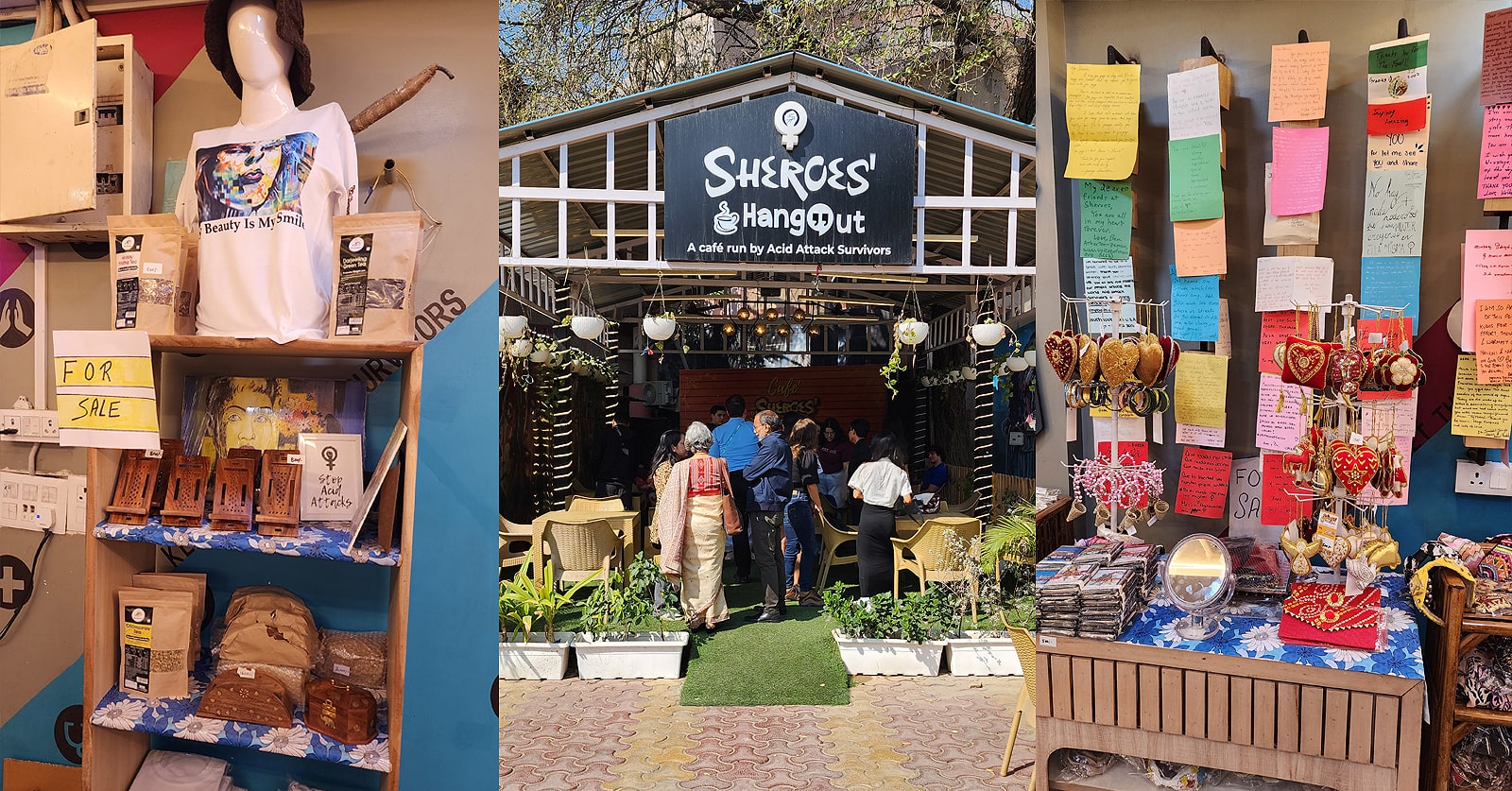
Every year Wernick travels to India with a group of FIU’s International Business Honors Society (IBHS) students on a service-learning project. In March 2024, they visited a Sheroes Hangout cafe and met with several of the survivors.
"Visiting Sheroes was a life-changing experience,” said Brianna Page, IBHS member majoring in business management and international business. “The fortitude and kindness exemplified by each, and every woman is a testament to their resilience and desire to touch the lives of others.”
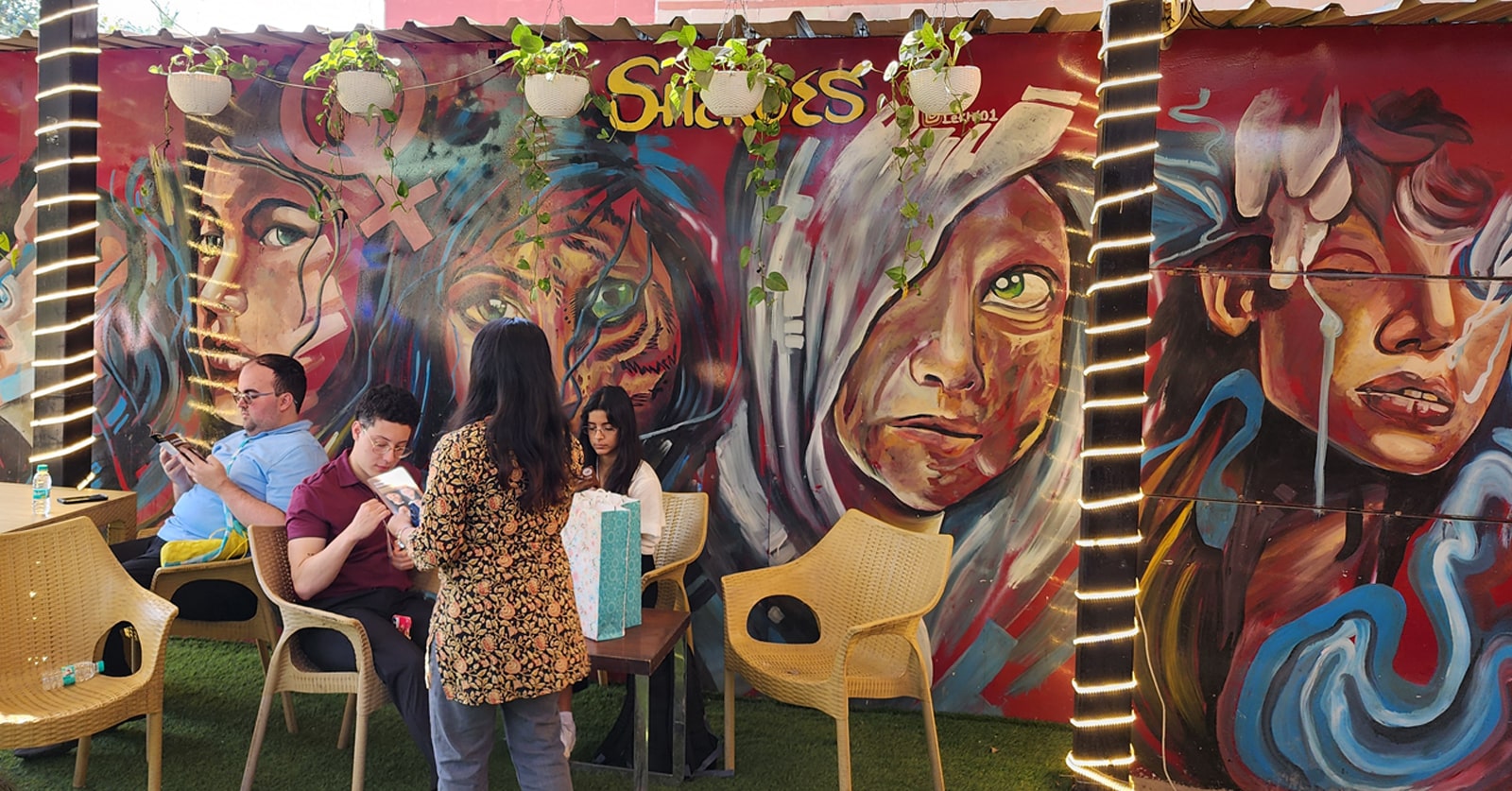
The FIU Business students are working to identify options for collaborating with Sheroes Hangout cafes.
“The focus of the case is to show how businesses can have an impact and drive social change,” said Pesch, who is pursuing a PhD in international business. “Businesses have the power. People involved in business are some of the biggest influencers, they have an exponentially higher impact in funding philanthropic activities and creating impactful activities.”
Wernick explained that the case study, which is written for undergraduate and MBA students, provides basic information about the initiative and the global problem of acid-related violence to drive discussion about the best course of action for the growth of Sheroes Hangout cafes. They identify several different avenues for growth and then leave it to the students to devise a strategy. Among the possible options:
- Adding more menu items, offering take-out and delivery services, increasing the availability of crafts and artwork created by the employees, and adding branded t-shirts or other products
- Opening more cafes in cities that attract foreign tourists. As this would require a lot of resources, they would probably need to find a partner with capital and experience operating restaurants.
The study was conducted by Wernick and Pesch with Johanna Clancy of University of Galway; and Priya Grover and Nidhi Phutela of Deemed University. The researchers have donated the $5,000 award from the case competition to the Chhanv Foundation.

